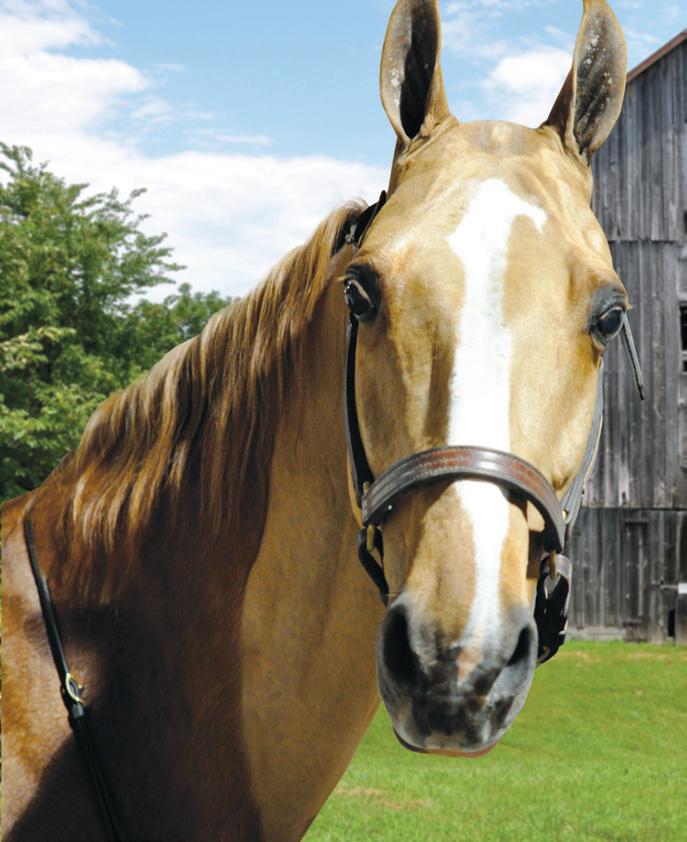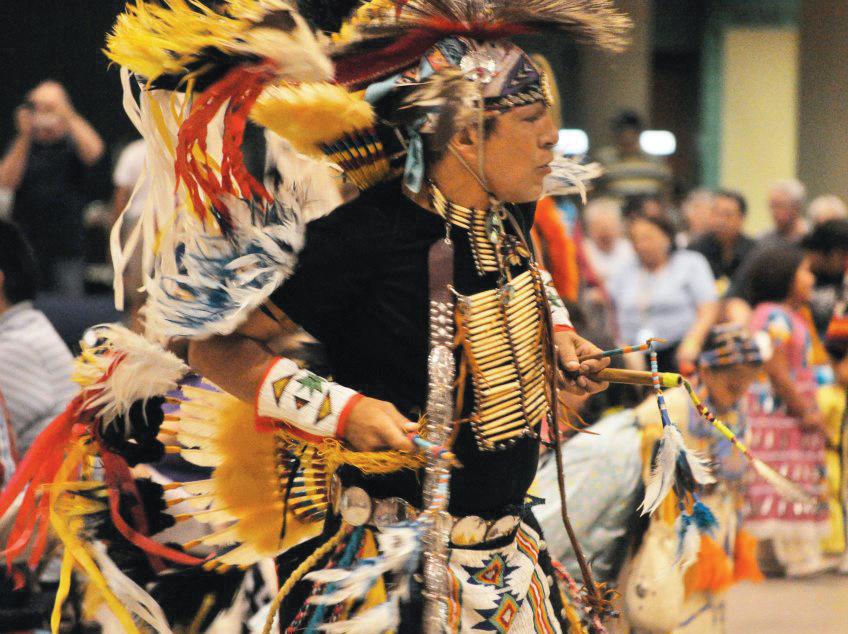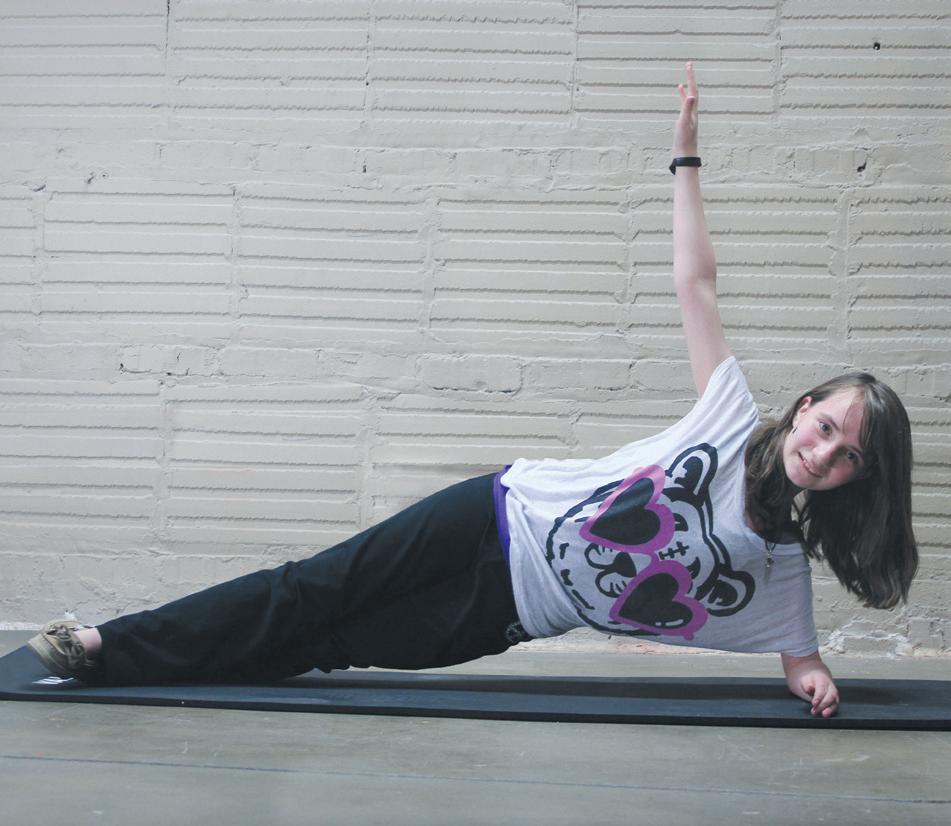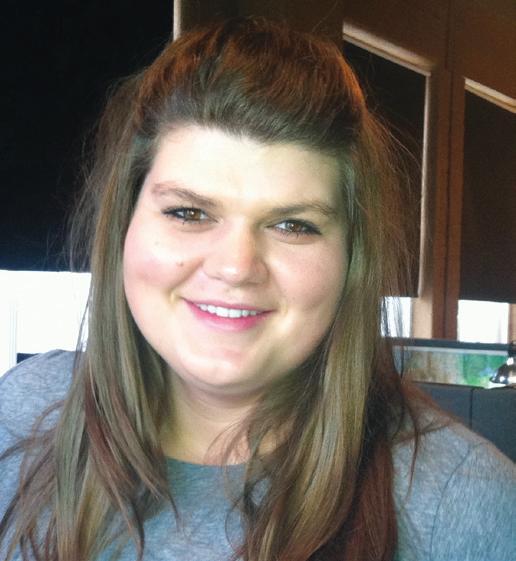
4 minute read
Healing Power of Horses
MAKING A DIFFERENCE
The Healing Power of Horses
Advertisement
Maybe you know someone who could benefit from equine-assisted therapy. It might even be a career for you to consider. Kansas City has great equine-assisted therapy facilities, and a growing need for people certified in hippotherapy and therapeutic riding.
by Nancy Norton, Executive Editor
AWhat is Equine-
Assisted Therapy?
nyone who has ever wrapped two arms around a horse’s neck knows that just being around a horse can make you feel better. But did you also know physical therapy using horses has picked up a devoted following in recent years? The most common equine therapy includes therapeutic riding (where specific riding skills are taught with a focus on motor benefits and balance) and hippotherapy (where a specific horse is chosen because its movements will benefit the needs of a specific rider). Hippos are not involved (although the therapists get asked about hippos all the time); “hippo” just happens to be the Greek word for horse. Equine therapy is used with students who have physical, emotional, speech, or learning challenges. There are many benefits when a horse is used as a “tool” for therapy: for some students, the first connection they have ever made is with their horse. There are students who can sit up for the first time after horse therapy sessions; others learn what self esteem feels like; and they all get to experience trust and friendships. And of course, there is the pure fun of riding a horse for kids whose lives can be rough.
We will look at a few equine therapy centers in the Kansas City area. They are all 501(c)(3), non-profit organizations that are led and staffed by devoted and caring people. Each of them deserves their own article, with lots of support and volunteer applications. But for now, take a few minutes and read about these incredible organizations. See what a few determined people – and horses — can accomplish.
One of the newest programs is Better in the Saddle – B.I.T.S. At B.I.T.S., you get a feel for the passion and the struggle at the start-up level: there is one certified instructor, four horses, and a large rotation of dedicated volun teers. In addition to his full-time job, B.I.T.S. President Jay Bettis is a part-time police officer for the town of Kearney. He and his wife Jennifer recently bought High Point Arena, an indoor facility in Holt, Missouri, now home to B.I.T.S. They leave their day jobs to go to the barn, handling the administrative work and stable duties that come with running the non-profit organization.
B.I.T.S. will provide “a life skills enrichment program, to meet the physical and psychological needs of people with disabilities and youthat-risk, with the aid of specially selected and trained horses.” B.I.T.S. is different from other area equine programs, as it plans to include kids “atrisk,” by working with the Clinton County Youth Services and Juvenile
Photo: Courtesy B.I.T.S.
Court. These kids will groom the horses, clean the stables, repair fencing, and carry out other neccessary tasks.
B.I.T.S.’ main goal is to strengthen the bodies and minds of both students and at-risk kids. Those with disabilities such as Down Syndrome, cerebral palsy, multiple sclerosis and head injuries need interaction with a certified instructor, but in the end all their kids want the same thing: a feeling of self worth, and an opportunity to fit in with others. They all need lives with greater options and control.
For more information: www.betterinthesaddle. org.
Heartland Therapeutic Riding has the deepest roots in the area, as it has been around for over 30 years.
Heartland grew from a very small program to one with 65 students and 120 volunteers. Located in Bucyrus, Kansas, it is in such demand that the wait list for their therapeutic riding therapy classes is two years long. Their hippotherapy session wait list is more manageable at two months. Vicki Brown has been at Heartland since 1991 and has been the Director since 2001, and she knows that once a student starts equine therapy, they don’t want to quit. “We have people who have been coming to us for 20 years,” said Vicki. “We don’t like to ask people to leave.”
Vicki believes there is increasing demand for
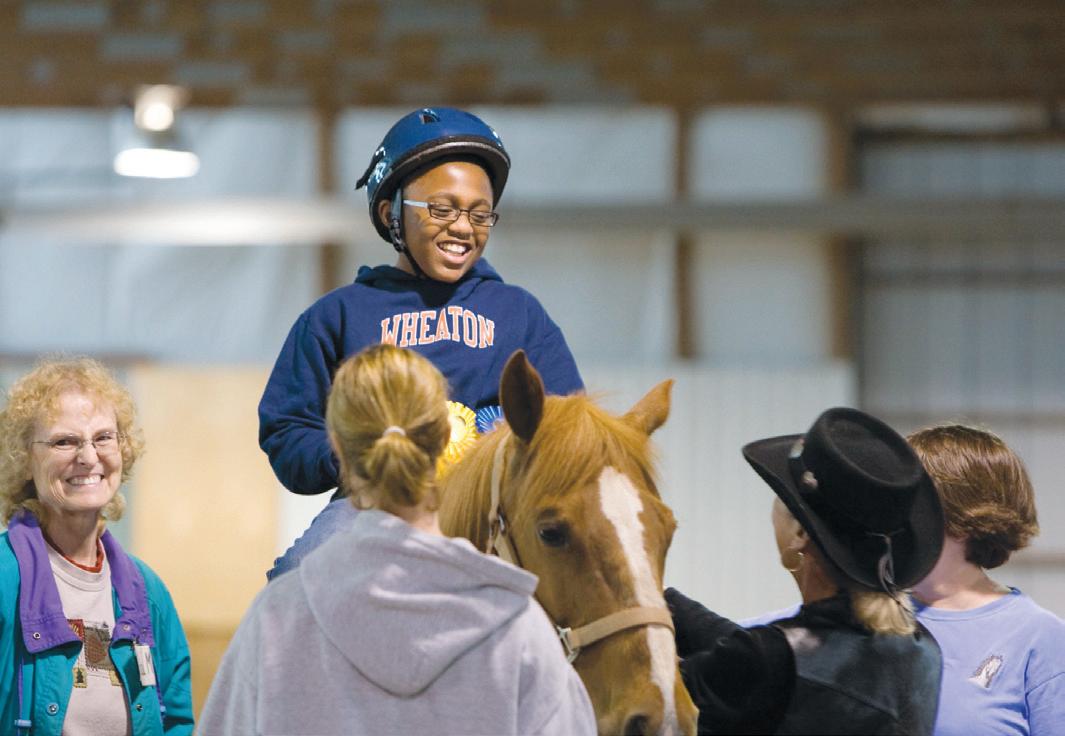
Photo: Courtesy Heartland Therapeutic Riding
equine therapy because the medical profession understands the benefits of horseback riding on the body’s entire muscle, nerve, and bone system. Applicants need a physician referral, and will be evaluated by one of Heartland’s therapists before starting either program. Students accepted to Heartland’s programs have different backgrounds, and may have cerebral palsy, spinal bifida, autism, Down Syndrome, mental retardation, deafness, blindness, developmental delays, emotional disorders, and many nerve, muscle and bone conditions. Heartland welcomes them all.
There are 78 acres at Heartland Therapeutic Riding, and that includes indoor and outdoor student training arenas, trails and pastures. In addition to the 18 horses that help out, Heartland has an occupational therapist and a physical therapist certified by the American Hippotherapy Association. They also have several certified therapeutic riding instructors.
Volunteers are important to Heartland’s success; they are trained to do everything from help as leaders and sidewalk-
continued, see ‘healing’ page 16

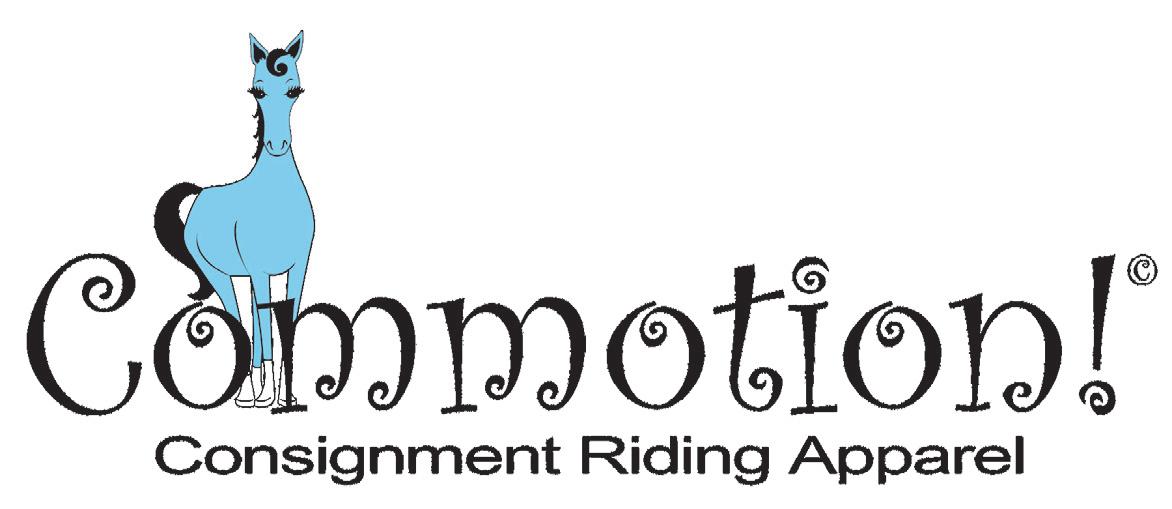
With nearly 900 consignors and counting, we have what you need for your World Champion, Academy or grass roots rider. Heather Marchiafava • 859-552-5983 • hmarchia@aol.com • www.shopcommotion.com

